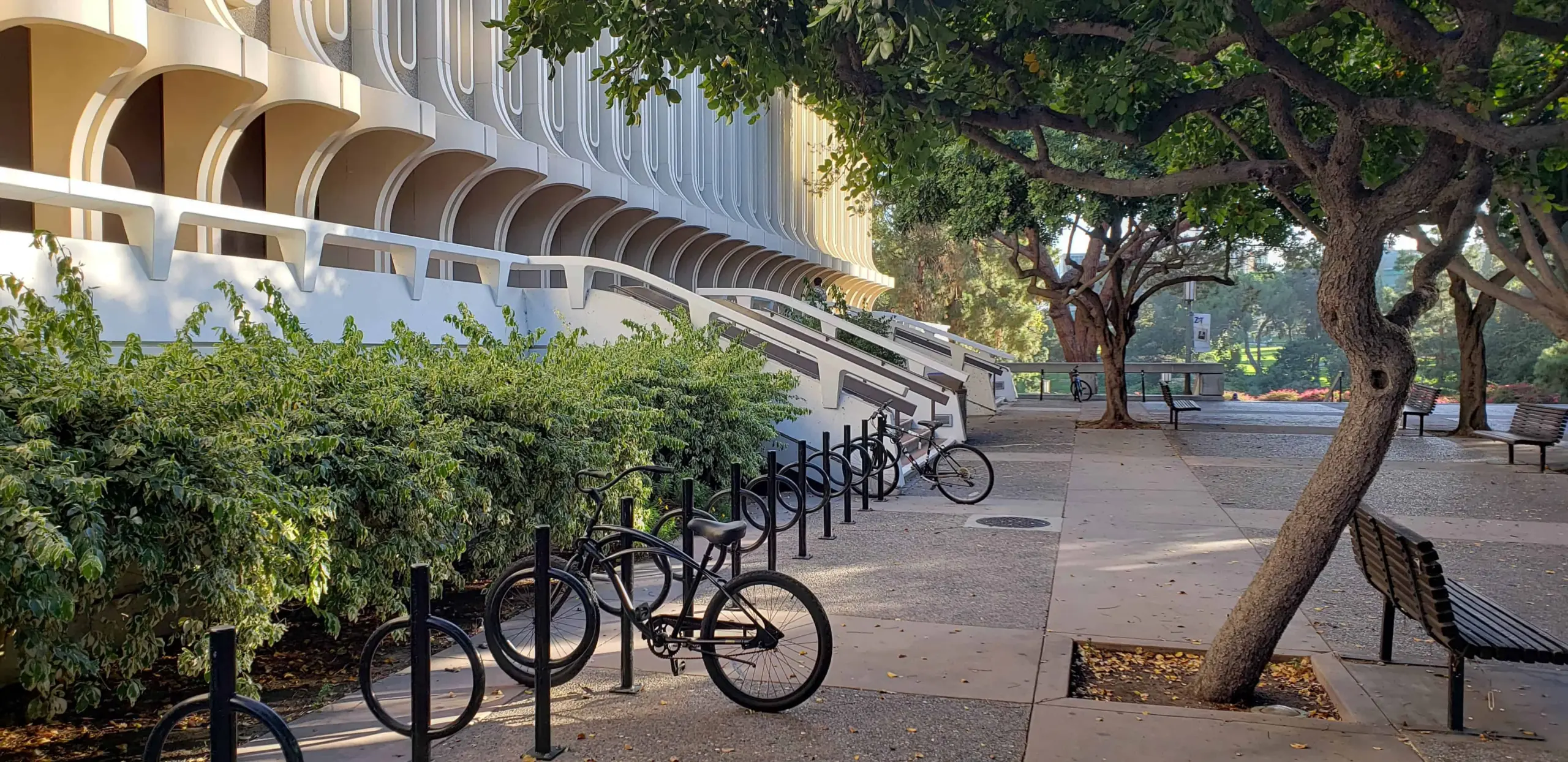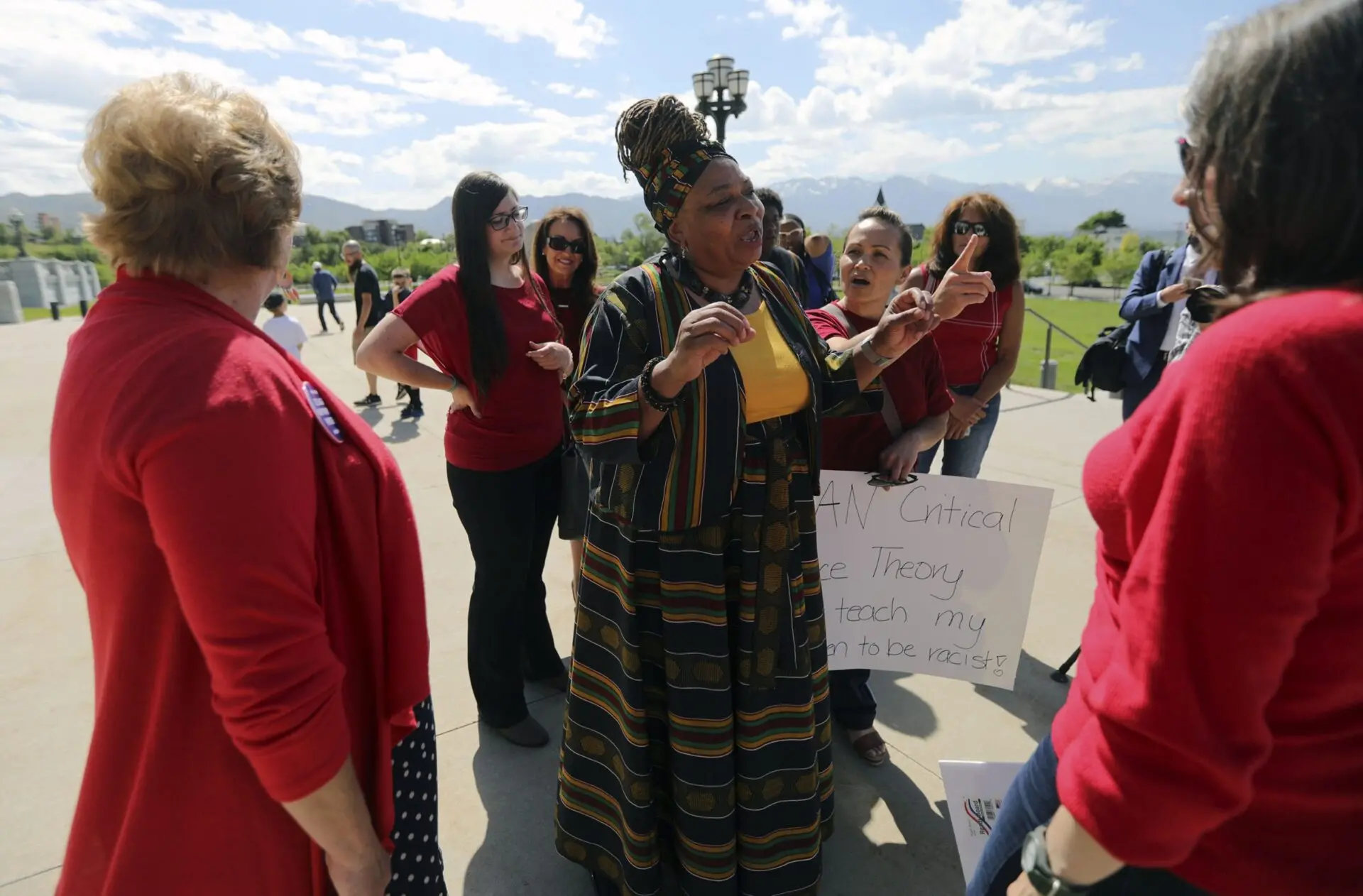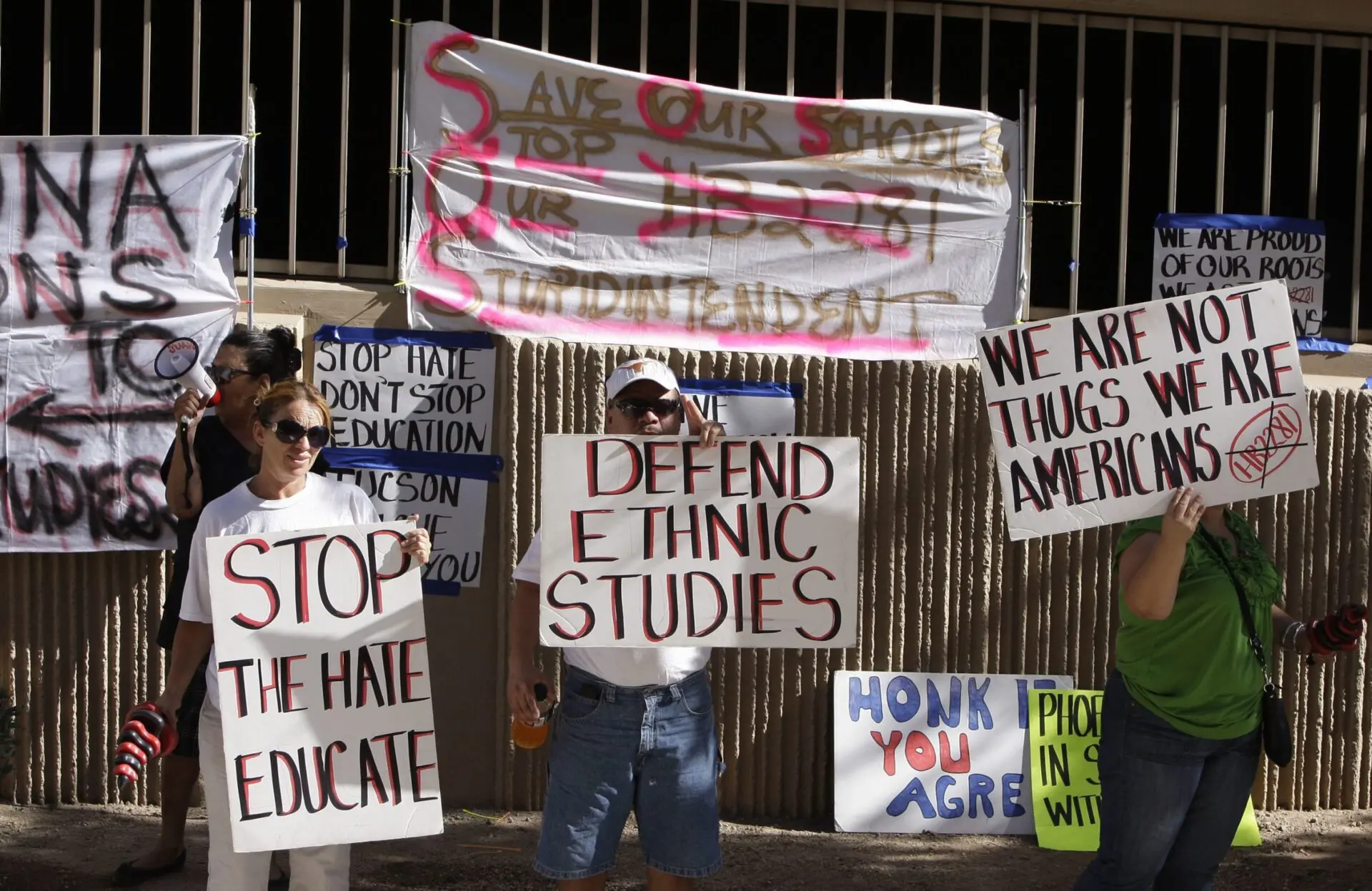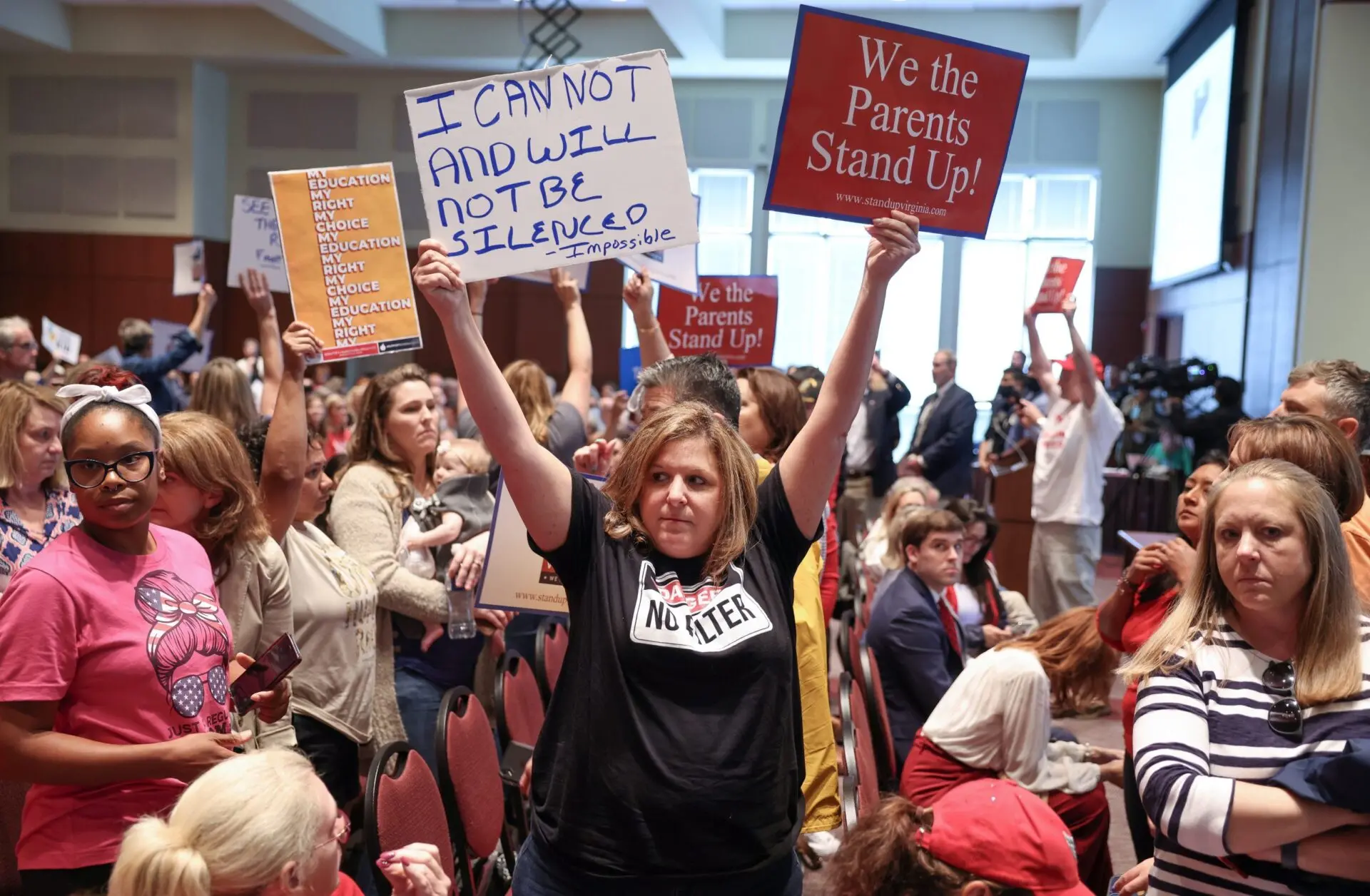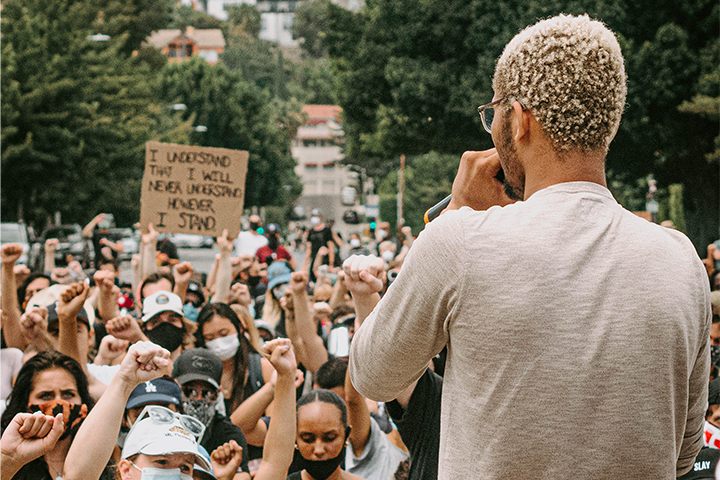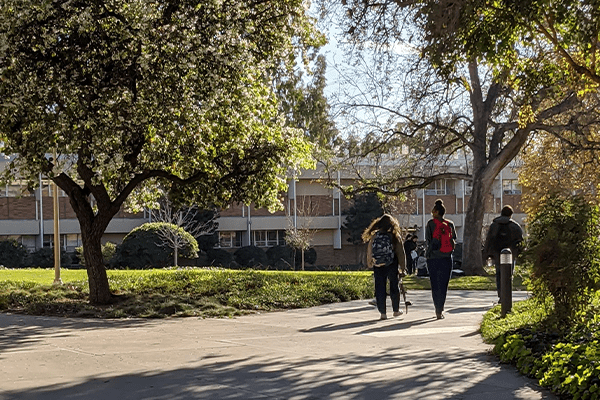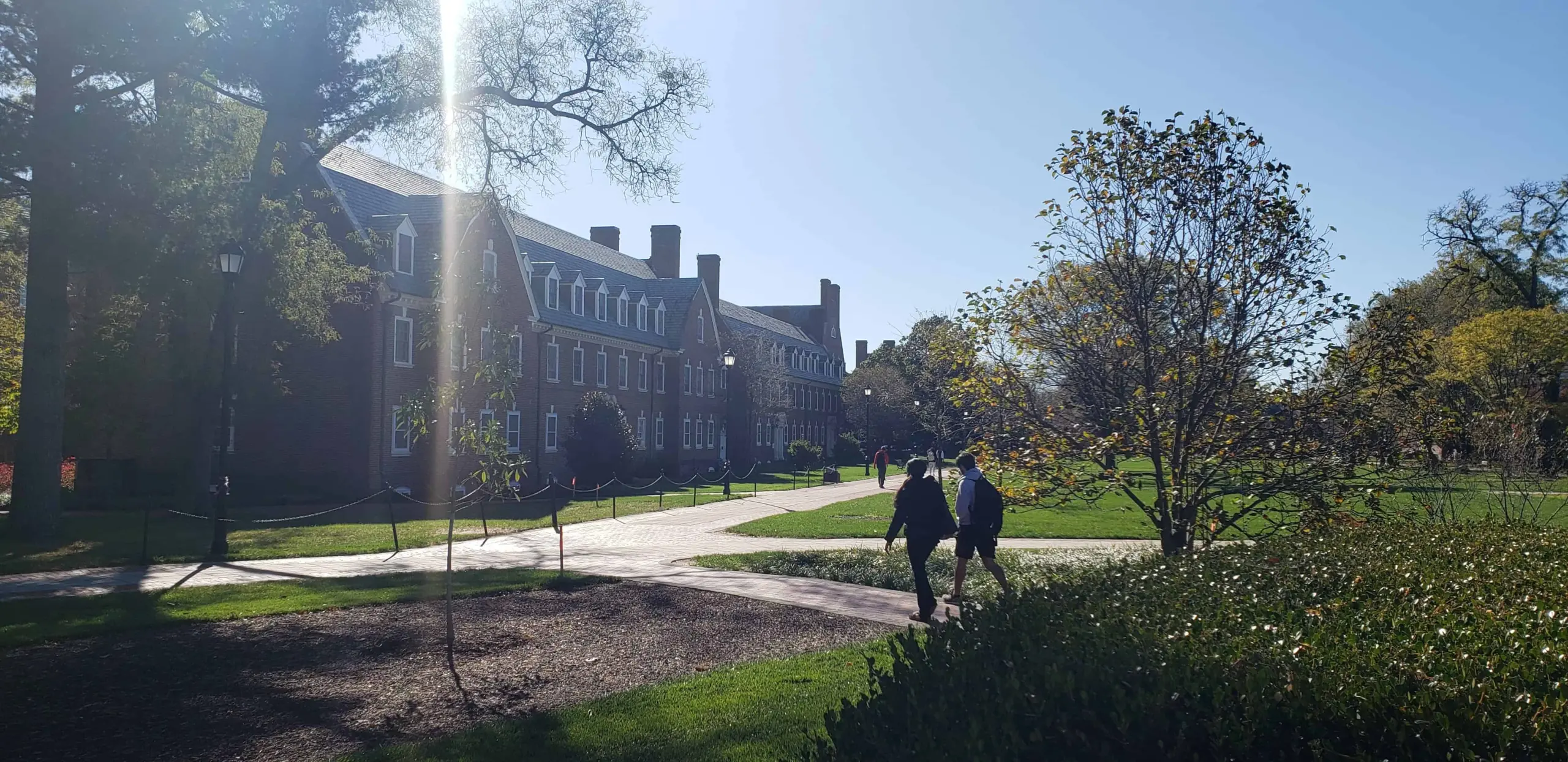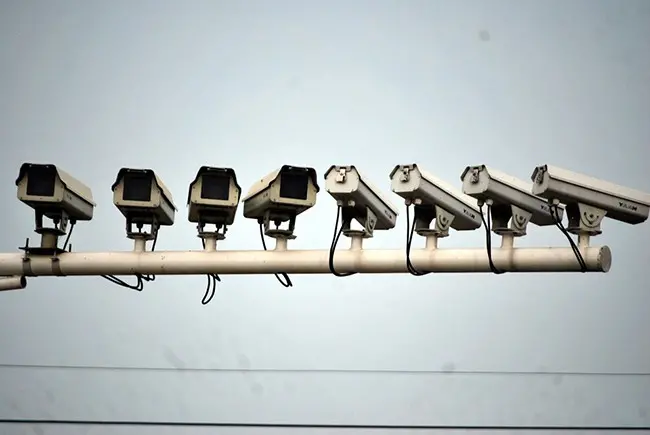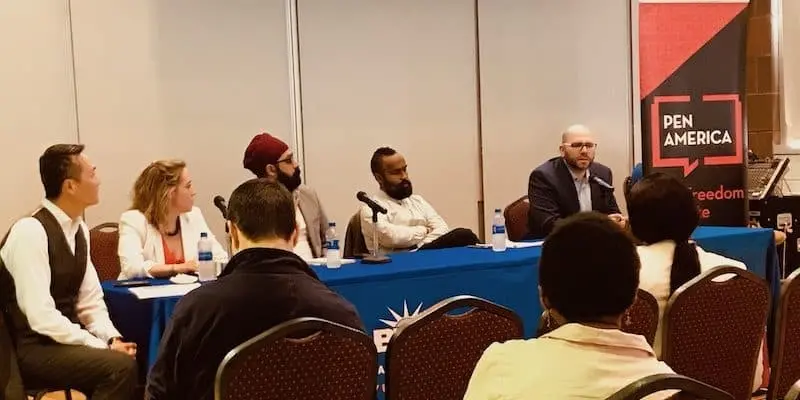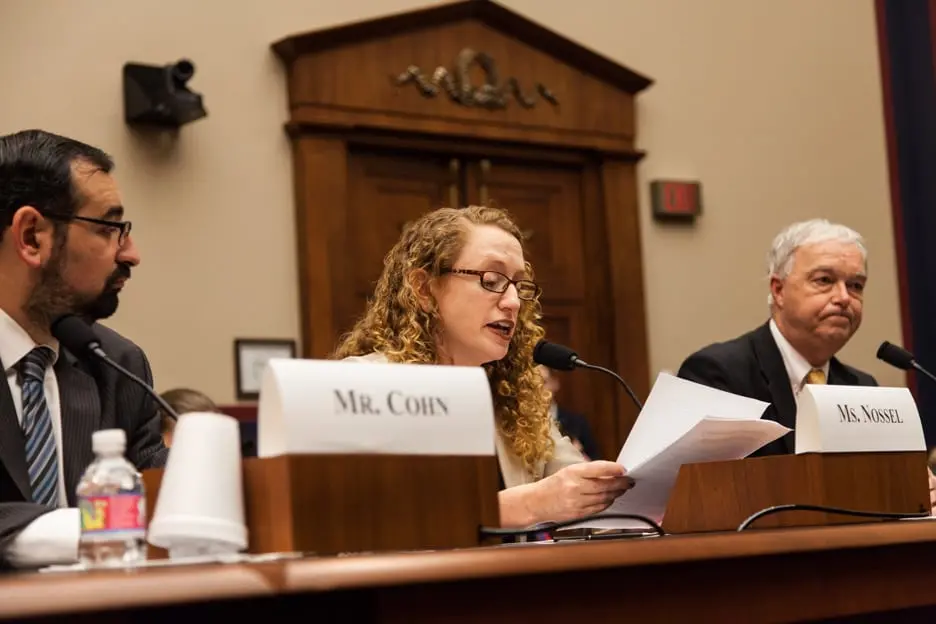
This post is part of a blog series from PEN America tracking the progress of educational gag orders and censorious legislative efforts against educational institutions nationwide. These bills are tracked in our Index, updated weekly.
Last year’s wave of educational gag orders – legislative restrictions on the freedom to learn, read, and teach – led to changes in the laws of ten states. These bills focused predominantly on K-12 schools; only 26% of the proposed gag orders explicitly implicated higher education institutions.
That’s about to change. In 2022, educational gag orders are being aimed squarely at colleges and universities to exert ideological control over what is being taught and read in classrooms and lecture halls. Beyond the threat to academic freedom itself, violations of these proposed laws would result in some cases in loss of state funding for the school itself, which would certainly carry with it a chilling effect on teaching. These laws also take aim at very specific writings, such as The New York Times’s 1619 Project.
In 2021, only three states – Idaho, Iowa, and Oklahoma – passed gag order legislation specifically aimed at higher education. Of those, only Idaho’s law directly impacts classroom instruction, and it is one of the more narrowly worded of the gag orders, forbidding teachers only to “direct or otherwise compel” students to agree with a list of concepts lawmakers find “divisive.” Yet even these laws have caused challenges for faculty. Citing the new law, Iowa State University warned professors not to “draw scrutiny” of their classrooms by “evaluat[ing] the language used to describe your programs and events,” and to avoid assigning mandatory readings or course sessions on critical race theory. Oklahoma City Community College canceled a course on race and ethnicity as a result of its state’s educational gag order, even though the state’s law did not apply to college classrooms.
This year’s crop of educational gag orders, however, suggests their proponents are increasingly seeking to exercise ideological control over college teaching. According to a recent legislative review by PEN America researcher Jeffrey Sachs, 46% of all educational gag orders filed so far this year implicate higher education directly. As of January 24, there were 38 higher education-focused bills under consideration in 20 states.
But it’s not just the number of bills that demonstrate the extent of the problem; a close read reveals lawmakers becoming bolder and more creative in their efforts at censorship, creating all manner of new rules about what can be taught in college classrooms and how such restrictions should be enforced.
Here’s just a sample of the proposed restrictions on faculty:
- Under Mississippi’s HB 437, professors would be prohibited from teaching or assigning materials that include the idea that “the State of Mississippi is fundamentally, institutionally, or systemically racist” or that “racial equity…should be given preference in education and advocacy over racial equality.” This prohibition would extend to all public and private colleges in the state, including all seven of Mississippi’s Historically Black Colleges and Universities (HBCUs). A teacher violating this prohibition would result in the college losing access to all state funding.
- Under Oklahoma’s HB 2988, professors at public colleges could not teach “that America has more culpability, in general, than other nations for the institution of slavery; that one race is the unique oppressor in the institution of slavery; that another race is the unique victim in the institution of slavery; that America, in general, had slavery more extensively and for a later period of time than other nations.” SB 1401, also in Oklahoma, is known as the “Critical Race Theory Curriculum Elimination Act”. It would bar public schools — including some colleges — from hiring anyone who teaches critical race theory in any context.
- In a restriction on academic freedom that would impact nearly every academic discipline from business to the health sciences, a third Oklahoma bill, SB 1141, would forbid departments, apart from gender and ethnic studies, to “include or make part of a course that is a core requirement for a degree program any concepts related to gender, sexual, or racial diversity, equality, or inclusion.” This provision could have widespread implications across disciplines, restricting professors from discussing issues of societal inequality.
- Alaska’s HB 228 and Oklahoma’s HB 2988 would ban the use of the 1619 Project as a college classroom assignment; New York’s AB 8253 would ban it as a required assignment, even when paired with competing perspectives; Iowa’s HF 222 would ban the 1619 Project “or any similarly developed curriculum.” Missouri’s HB 1634 would ban seven different curricula, including the 1619 Project, the Southern Poverty Law Center’s Learning for Justice Curriculum, and the Zinn Education Project. Students training to be teachers would not be able to examine or discuss these curricula in a college classroom setting.
- Bills in Missouri (HB 1484), Oklahoma (SB 1141), Pennsylvania (HB 1532), South Carolina (H. 4605), and Wisconsin (SB 409) would prohibit discussion in public college courses of the idea that, to quote Pennsylvania’s bill, “an individual should receive favorable treatment due to the individual’s race or sex” or that “an individual or institution cannot or should not treat individuals without regard to race or sex.” Under these laws, professors could not discuss the concepts of affirmative action or reparations for the descendants of enslaved people, even to disagree with them, or assign readings such as Ta-Nehisi Coates’ “The Case for Reparations,” even when paired with competing perspectives. Two bills in Indiana, SB 167 and SB 415, specifically prohibit discussion of these ideas in teacher education programs at the college level. Having prohibited discussion of this idea in K-12 classrooms last year, New Hampshire has a new bill, HB 1313, specifically extending the prohibition to all public college courses.
- An incredibly broad bill in South Carolina, H. 4605, forbids professors at either public or private colleges to “conduct instruction of students in any place of learning” in a manner that “repeatedly distorts or misrepresents verifiable historical facts” or “omits relevant and important context” – for any subject. The bill also establishes a public reporting hotline for violations. If the state attorney general determines that a university has violated the policy, the college or university will lose its state funding and its tax-exempt status.
- In Missouri, professors at public colleges could not “assign blame for societal problems or ills to categories of living persons” based on “income,” among many other characteristics This provision would, among other restrictions, bar political science instructors from discussing voting patterns at different income levels, or inhibit business professors from asking students to read the Giving Pledge.
These gag orders for higher education – part of a recent coordinated political attack against professors – would have a disastrous effect on the tenets of free inquiry, free expression and critical thinking. If these 38 alarming, unconstitutional bills become law as proposed, they would each as well threaten academic freedom across numerous disciplines.
The time is now for faculty and higher education advocates to fight back against this wave of educational gag orders. As the Lumina Foundation’s Terri Taylor wrote in December, “Academic freedom is the bedrock of American higher education. Blocking certain subjects from being taught represents a crack in that foundation—one that could easily widen and damage our essential freedoms.”
Sign Up for Updates on Educational Gag Orders
To receive further updates on educational gag orders and censorious legislative efforts against schools and higher education nationwide, sign up below.

